7 GPTs for Customs Clearance Powered by AI for Free of 2026
AI GPTs for Customs Clearance are advanced artificial intelligence tools designed to streamline and enhance the customs clearance process. By leveraging the power of Generative Pre-trained Transformers (GPTs), these tools offer tailored solutions that automate and optimize tasks related to customs documentation, compliance, and regulations. They are specifically adapted to understand and process the complex and varied requirements of international trade, making them invaluable for ensuring smooth and efficient customs transactions.
Top 7 GPTs for Customs Clearance are: HS Code Assistant with Broad Product Range,HS Code Classifier,Tariff Analyst Curacao with Image Analysis,中国輸入代行-誠のAIチャットボット,Freight Forwarding Expert,雅涵跨境通关,Trade Navigator
HS Code Assistant with Broad Product Range
Streamlining Global Trade with AI
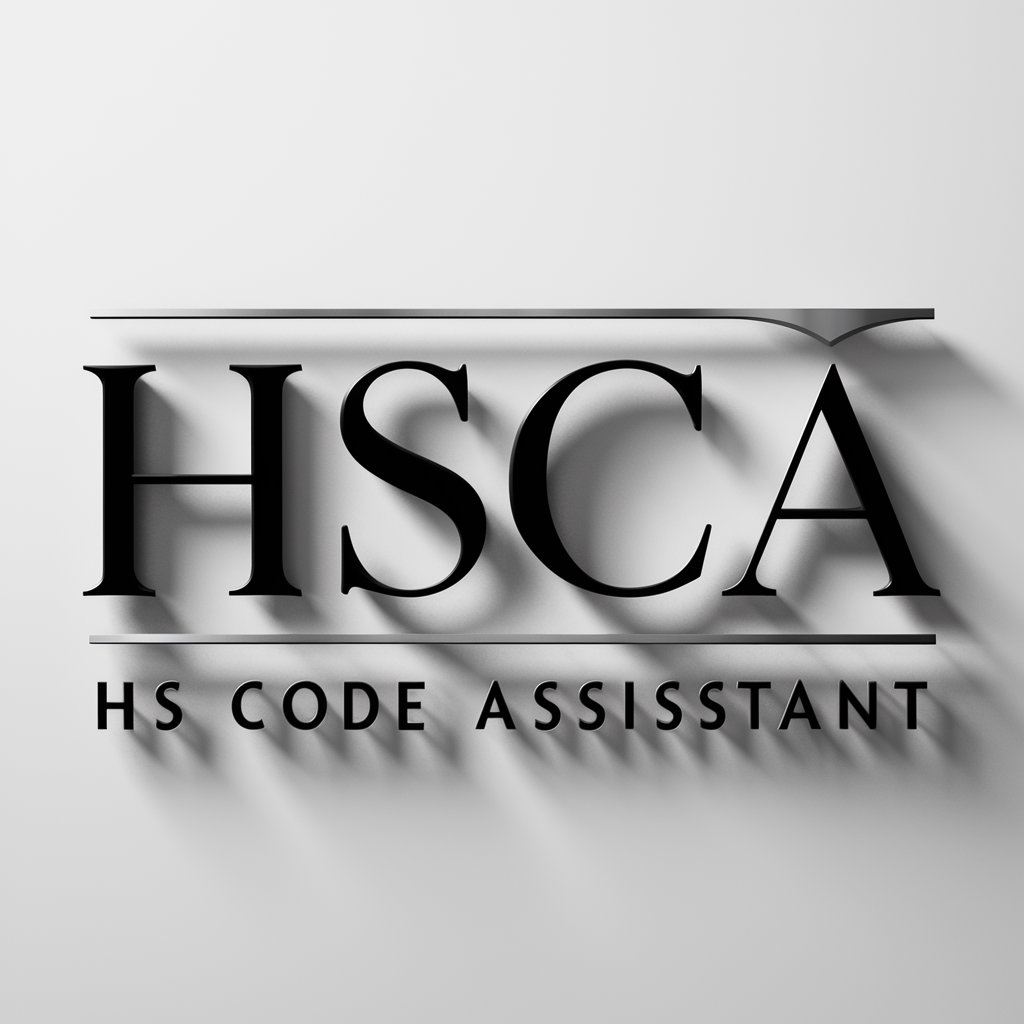
HS Code Classifier
Simplifying Global Trade with AI
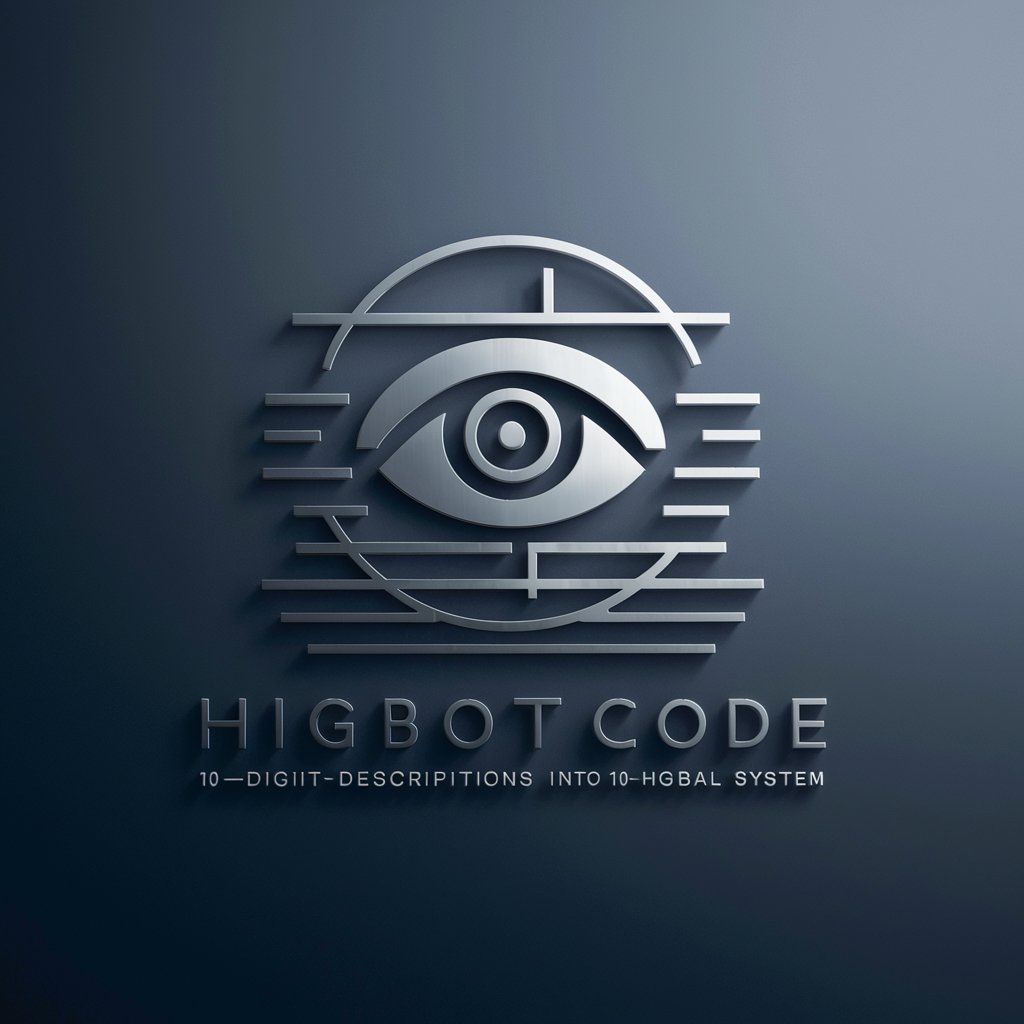
Tariff Analyst Curacao with Image Analysis
Streamlining Trade with AI-Powered Tariff Classifications
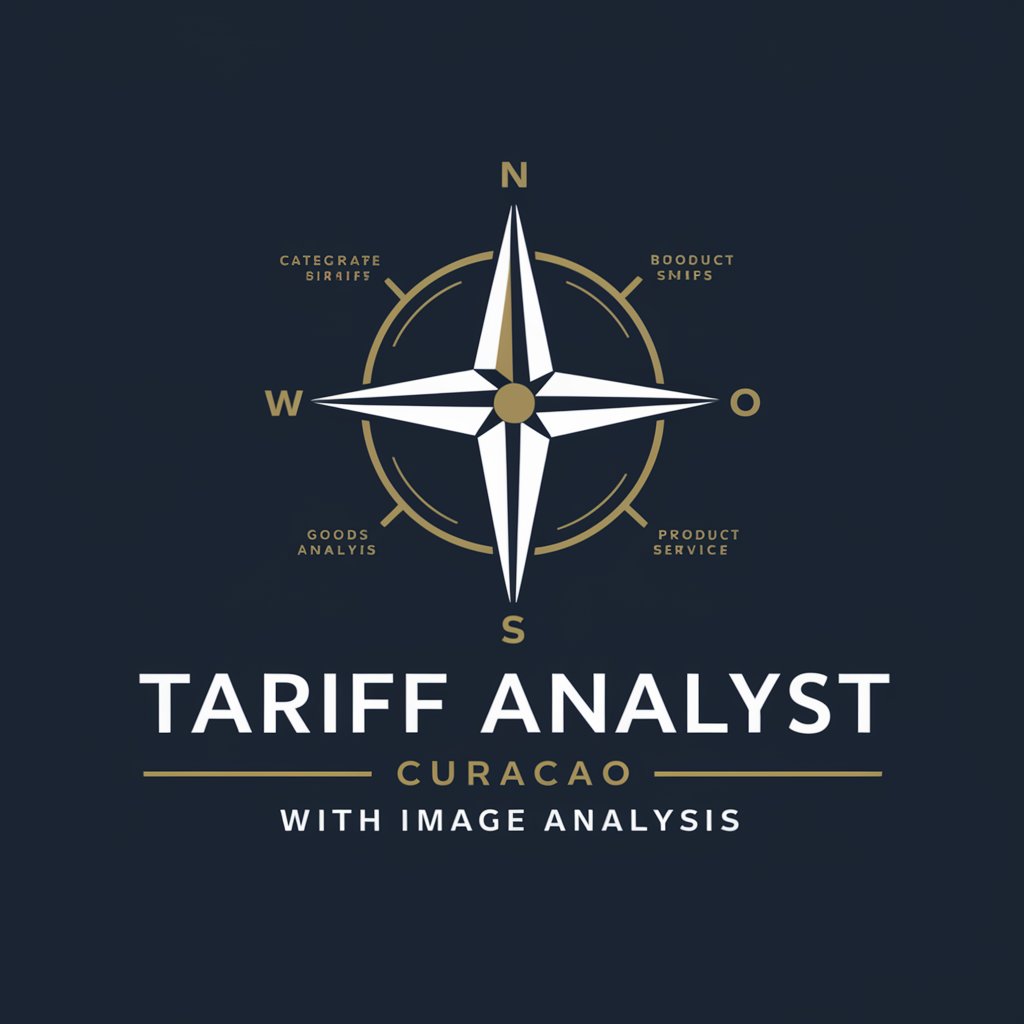
中国輸入代行-誠のAIチャットボット
Streamlining China-Japan Imports with AI
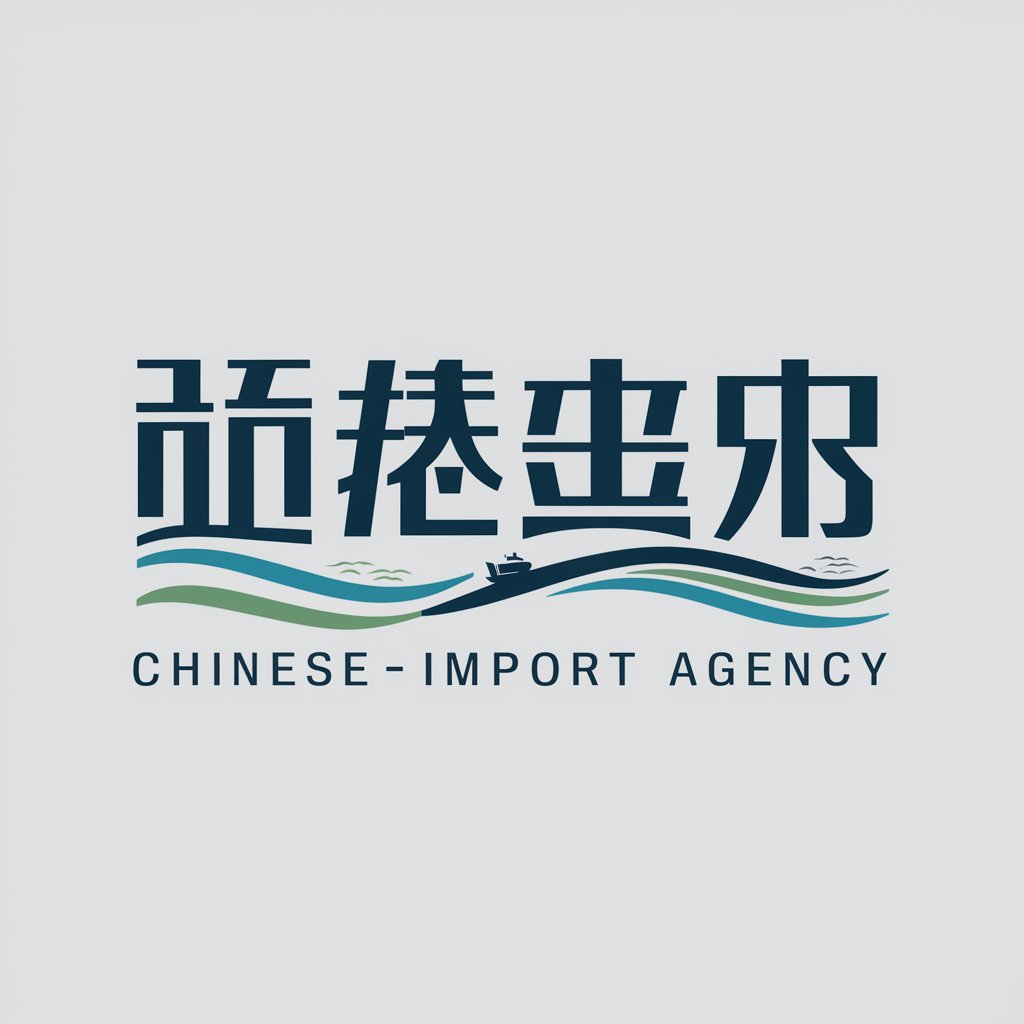
Freight Forwarding Expert
Navigating Logistics with AI-Powered Precision
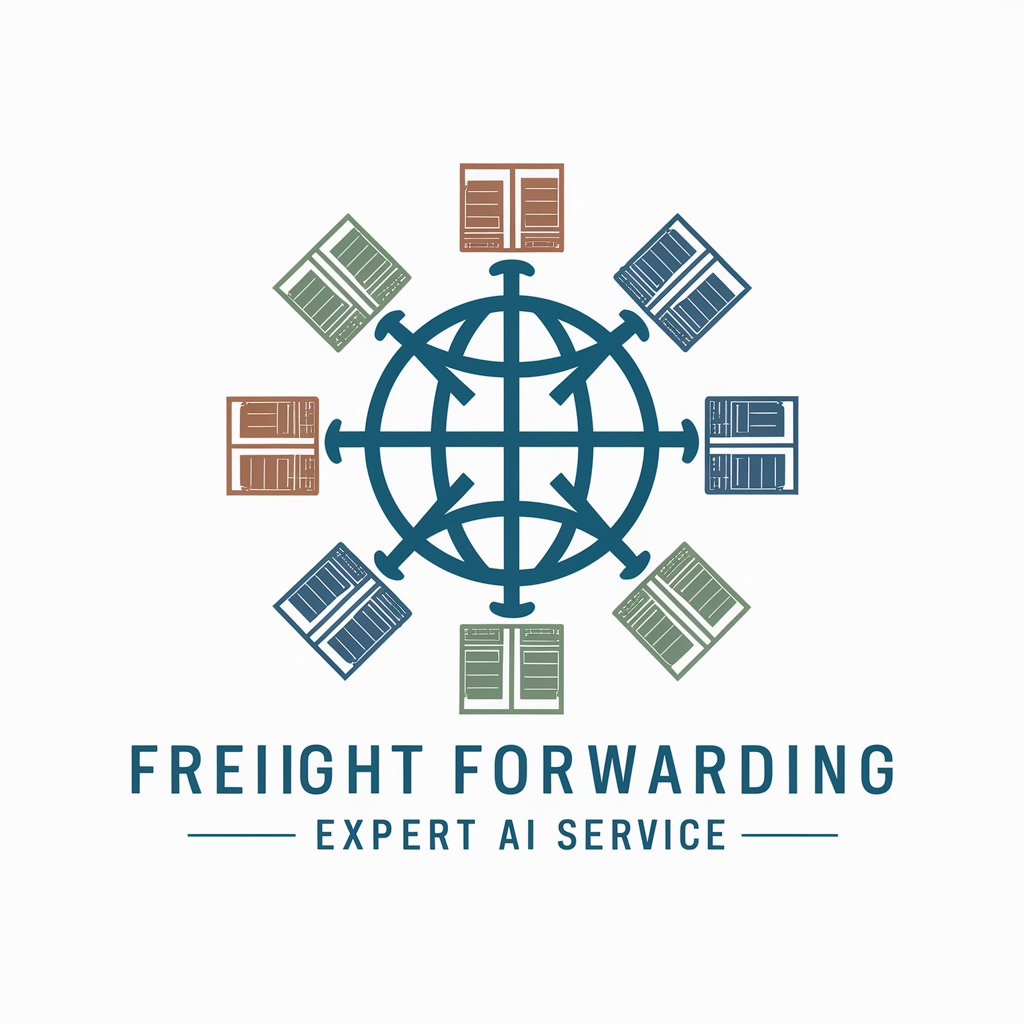
雅涵跨境通关
Empowering Cross-Border Trade with AI
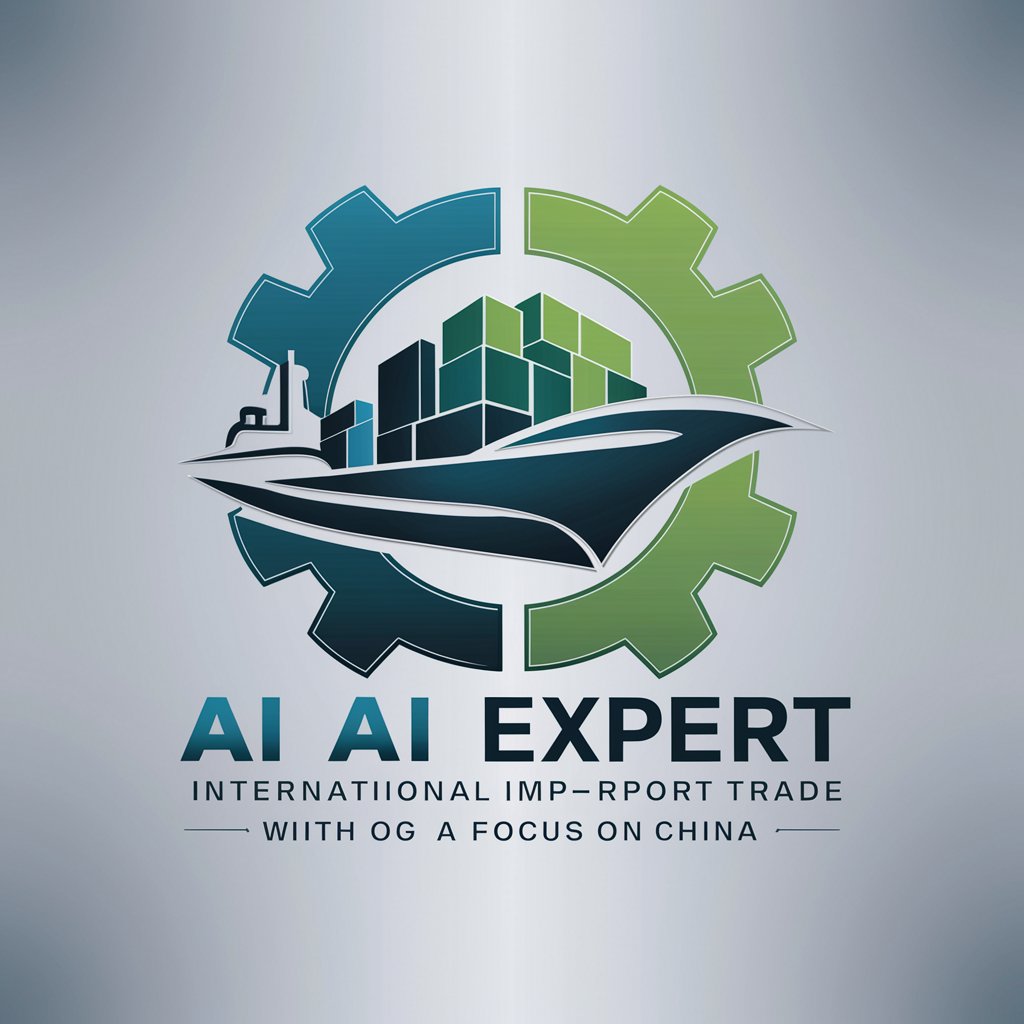
Trade Navigator
Empowering Trade Decisions with AI
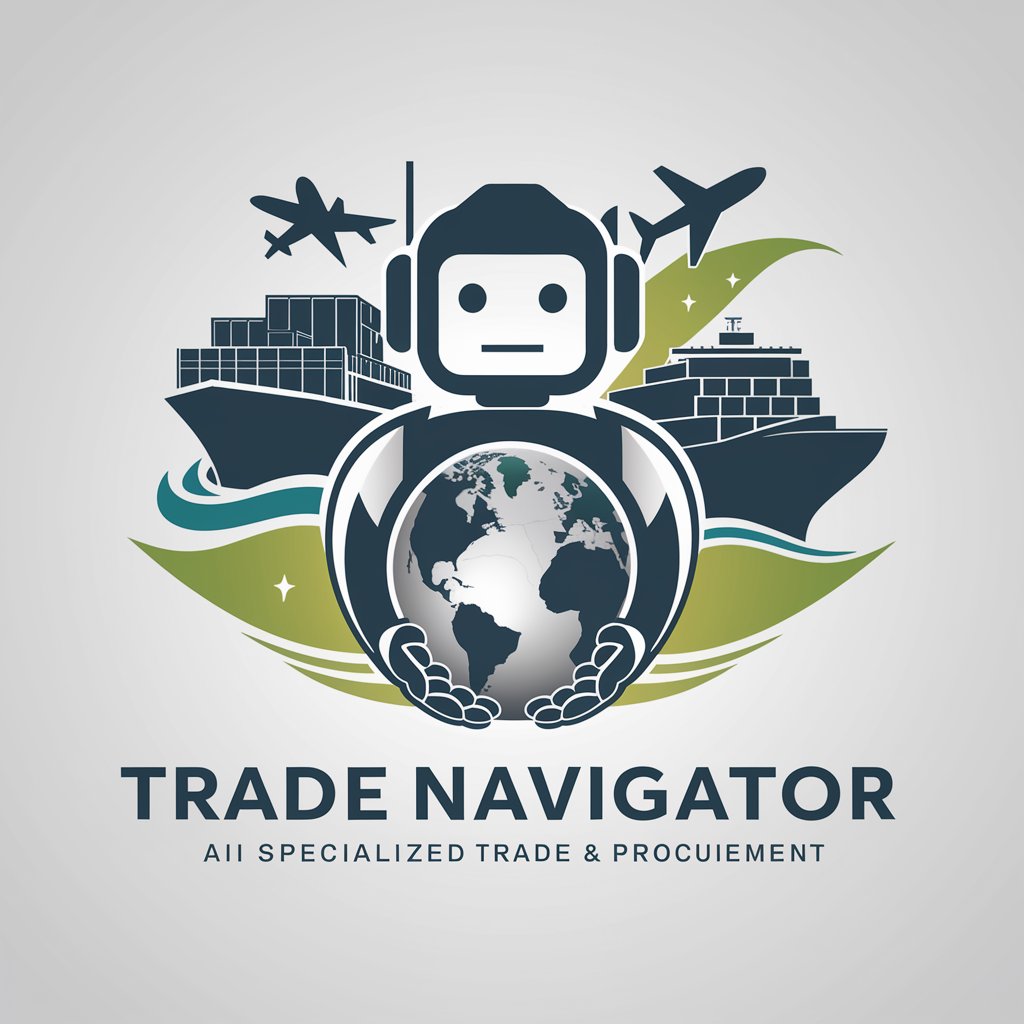
Unique Capabilities in Customs Solutions
AI GPTs tools for Customs Clearance stand out due to their adaptability, precision, and the ability to handle a wide range of tasks from simplifying paperwork to interpreting regulations. Key features include natural language processing for understanding and generating documentation, machine learning algorithms for compliance verification, and the capacity to analyze large datasets for risk management. Additionally, these tools can offer real-time updates on regulatory changes, personalized advice on trade agreements, and predictive analytics for duty and tax estimations.
Who Benefits from Customs AI
The primary beneficiaries of AI GPTs for Customs Clearance include customs brokers, logistics companies, international traders, and regulatory bodies. These tools are accessible to novices in the trade sector, providing user-friendly interfaces and guidance, while also offering powerful customization options for developers and professionals with coding skills. Their versatility makes them a valuable asset for anyone involved in the intricate process of moving goods across international borders.
Try Our other AI GPTs tools for Free
Shipping Management
Discover how AI GPTs for Shipping Management can transform your logistics and supply chain operations with customized, efficient, and scalable solutions.
Supplier Evaluation
Discover how AI GPTs revolutionize supplier evaluation with automated analytics, risk assessment, and predictive insights for informed decision-making.
Emoji Learning
Discover how AI GPT tools for Emoji Learning can transform your digital communications, offering intuitive, engaging, and insightful emoji-based interactions.
Client Consultation
Explore AI GPTs for Client Consultation: Revolutionizing client interactions with advanced, adaptable, and user-friendly AI tools designed to optimize the consultation process.
Study Techniques
Discover how AI GPTs for Study Techniques revolutionize learning with personalized support, educational content creation, and interactive assistance tailored for students, educators, and lifelong learners.
Feature Evaluation
Discover how AI GPTs for Feature Evaluation revolutionize the analysis and assessment of features with advanced AI technology, offering tailored, in-depth insights for various domains.
Expanding Horizons with AI in Trade
AI GPTs for Customs Clearance are revolutionizing the field of international trade by providing customized solutions that are not only highly efficient but also scalable. These tools are capable of integrating with existing logistics systems, offering a user-friendly interface for all levels of expertise, and adapting to the ever-changing landscape of global trade regulations. Their impact extends beyond simplification of processes, enabling businesses and governments to make informed decisions and maintain compliance with ease.
Frequently Asked Questions
What exactly are AI GPTs for Customs Clearance?
AI GPTs for Customs Clearance are AI-driven tools that leverage GPT technology to automate and optimize the customs clearance process, including documentation, compliance, and regulation management.
How do AI GPTs improve the customs process?
They streamline operations by automating paperwork, ensuring compliance with regulations, providing real-time regulatory updates, and offering predictive analytics for duties and taxes.
Can these tools adjust to regulatory changes?
Yes, thanks to machine learning algorithms, they can adapt to new regulations and provide users with up-to-date information.
Are AI GPTs suitable for those without technical backgrounds?
Absolutely, they are designed with user-friendly interfaces that require no prior coding knowledge, making them accessible to a wide audience.
How do developers customize these AI tools?
Developers can utilize APIs and programming interfaces provided by these tools to tailor solutions to specific customs clearance needs.
Can AI GPTs handle different languages for international trade?
Yes, they are equipped with multilingual capabilities to process and generate documents in various languages, facilitating global trade.
What sets these AI tools apart in customs clearance?
Their ability to provide tailored advice, adapt to regulatory changes quickly, and analyze complex datasets for risk management distinguishes them in the customs domain.
How do they integrate with existing logistics and trade systems?
AI GPTs are designed for easy integration with existing systems through APIs, allowing for seamless data exchange and workflow enhancement.